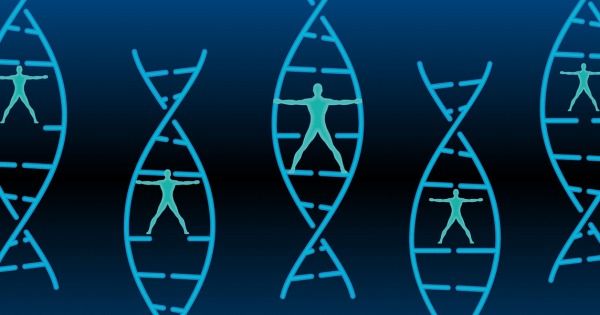In Brief
- By observing the transparent cells of roundworms, researchers have uncovered a link between lifespan and the natural cellular process of RNA splicing.
- This research could lead to new breakthroughs in anti-aging treatments that would allow humans to indefinitely keep ourselves healthy, stalling death for as long as possible.
Though aging seems like one of the most natural things, an affair common to all living creatures, the process is actually poorly understood by scientists. A new study detailed in Nature aims to shed light on the phenomenon as a research team led by the Harvard T.H. Chan School of Public Health has uncovered a relationship between lifespan and RNA splicing, a core function of cells that allows a single gene to produce a variety of proteins.
The researchers already knew that mutations in RNA splicing could lead to disease, but they wanted to find out if the act of splicing itself had an impact on the aging process. To find out, they designed experimental setups using the roundworm Caenorhabditis elegans, which show visible signs of aging during their short three-week lifespan.
